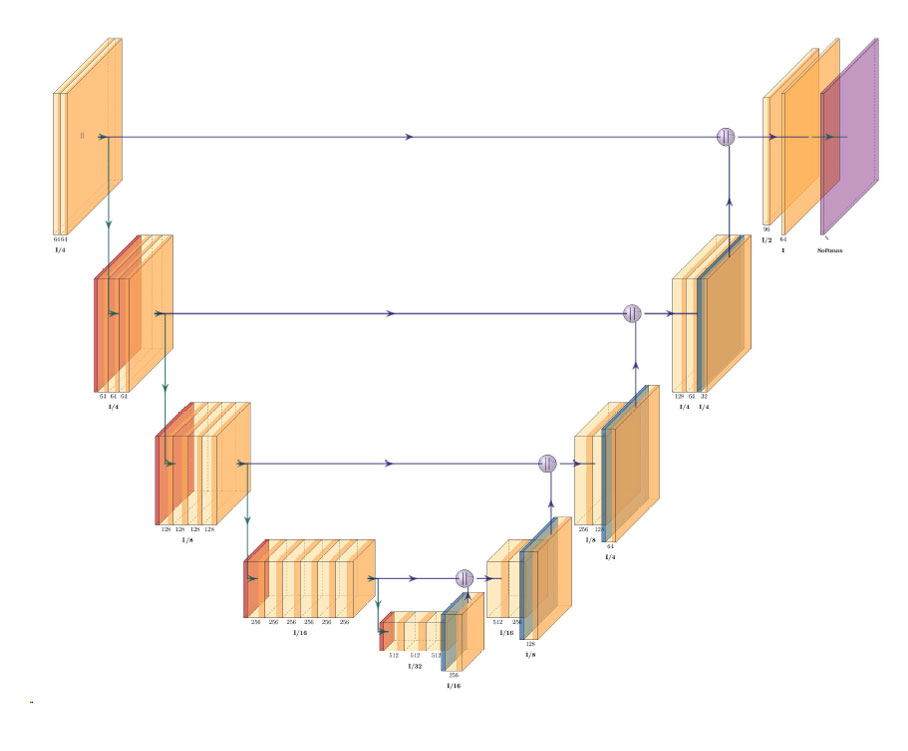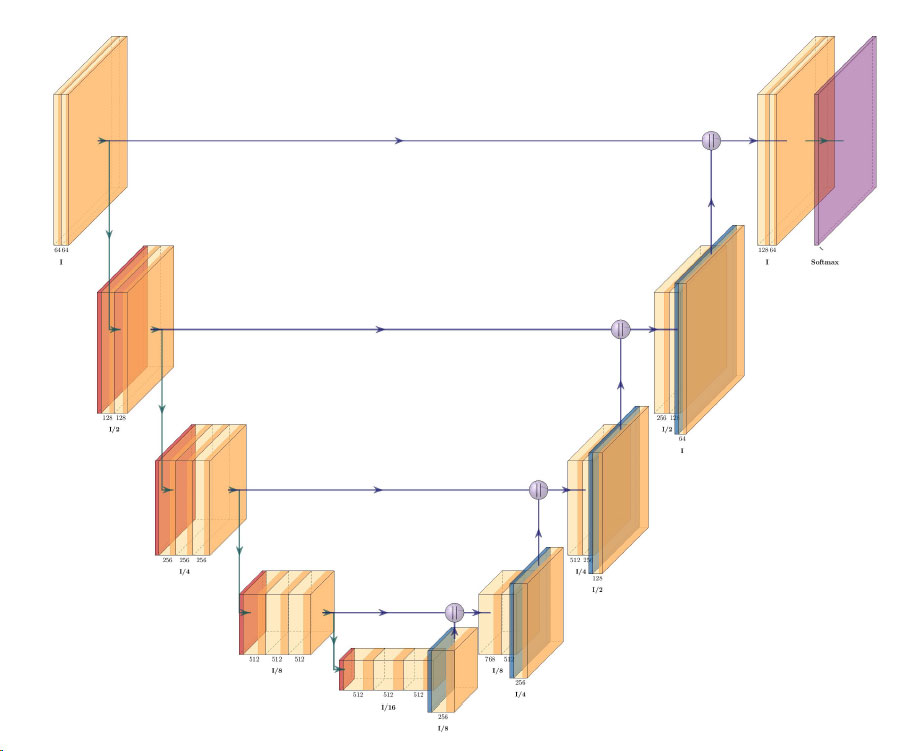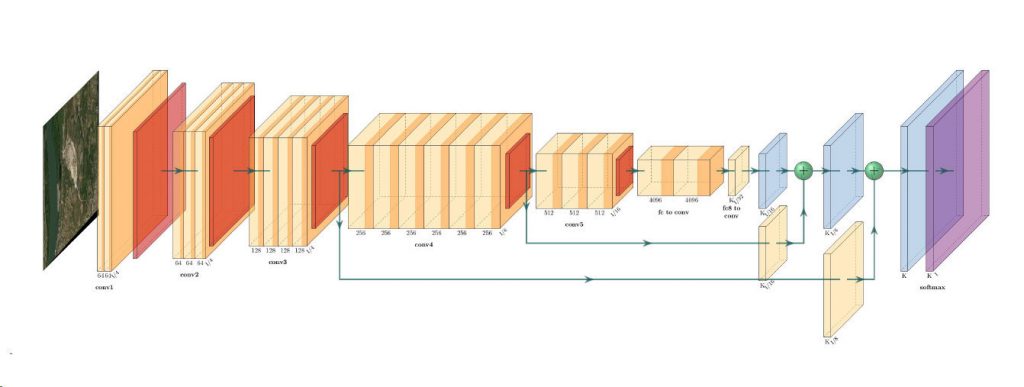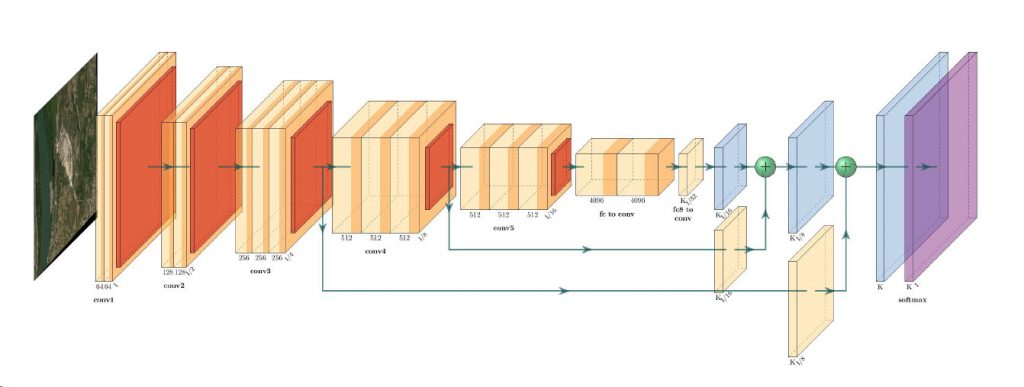WorldView-4 Increases European Space Imaging’s Satellite Tasking Capacity
- European Space Imaging
The world’s highest resolution satellite constellation has doubled in it’s 30 cm capacity.
On November 11, 2016, the WorldView-4 satellite was launched into space as part of the DigitalGlobe constellation. It is a state-of-the-art very high resolution earth observation machine, capturing 30 cm imagery from an orbit 617 km away from Earth. European Space Imaging was the first organization in the world able to commercially task WorldView-4, which immediately increased its capacity for collecting the highest resolution satellite imagery available. Combined with the only other 30 cm-capable satellite in orbit, WorldView-3, the fleet is now able to capture over 1.3 million km2 of 30 cm imagery daily.
The very high resolution imagery captured by WorldView-4 is uploaded to European Space Imaging’s archive image library, available as a searchable online database. However customers can also request collection of the specific images they need via the service of direct satellite tasking. Flexibility, speed, and personalized customer service characterize the company’s approach to image collection.
From its recently updated ground station in Munich, European Space Imaging staff monitor the near-real-time weather situation while they plan satellite movements, enabling them to gather images with the least cloud cover possible. This allows them to provide customers with the highest quality imagery as soon as possible – ideal for time-sensitive situations such as during an emergency response, or when plotting the optimal maritime navigation route.
“Last-minute tasking allows us to make changes to the collection plan up until the moment of communication with the satellites,” said Adrian Zevenbergen, Managing Director of European Space Imaging. “When you compare this to operations that don’t take the weather into account, we are able to double the collection of good images.”
European Space Imaging has access to the most advanced satellite constellation in orbit and the most sophisticated collection process on the planet, enabling it to make any Earth Observation project a rapid success.
Related Stories

GEOSeries: Extracting Insights From High Resolution SAR Imagery for Time-Sensitive Analysis
In this webinar, industry experts and advanced users of Umbra SAR data showcase how they transform SAR imagery into actionable insights in real-world mapping, monitoring and intelligence applications. See how NV5 and Umbra leverage ENVI SAR Essentials for advanced processing with time-efficient results, converting analytics into valuable intelligence.
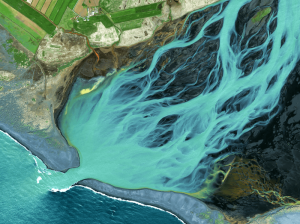
Using Satellite Imagery to Build Water Resilience Across Europe
Water across Europe is facing severe pressure. Climate change, urbanisation, agricultural demands and other sources of pollution are threatening water security and creating critical challenges that need to be addressed. We have to act quickly, build stronger systems and create sustainable water resilience practices – so that both natural ecosystems and human communities can thrive. Here is how satellite imagery from EUSI can help.
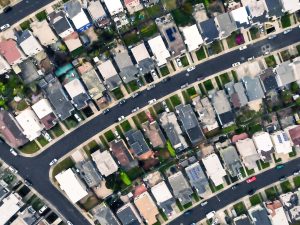
EUSI and Albedo Partner to Deliver 10 cm Resolution Satellite Imagery to Europe
It is our pleasure to announce the partnership with Albedo, a builder of high-performance spacecraft and the first satellite designed to operate commercially in VLEO (Very Low Earth Orbit). This partnership will bring the world’s highest resolution satellite imagery to the European and North African market.

Updating the Land Parcel Identification Systems in 2025: The Benefits of Using Satellite Images
Agricultural paying agencies across Europe face increasing challenges in maintaining accurate and up-to-date Land Parcel Identification Systems (LPIS), ensuring compliance with the Common Agricultural Policy (CAP) and supporting sustainable agricultural practices.


